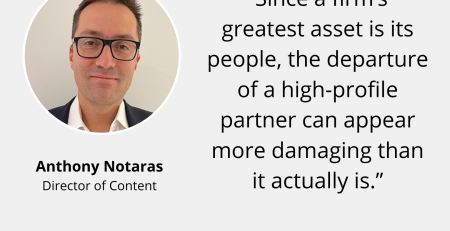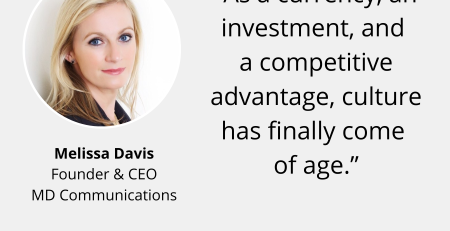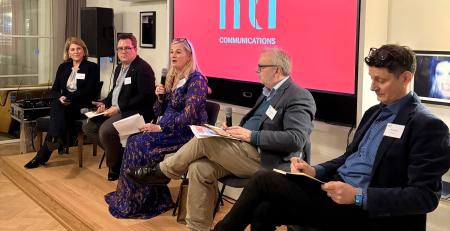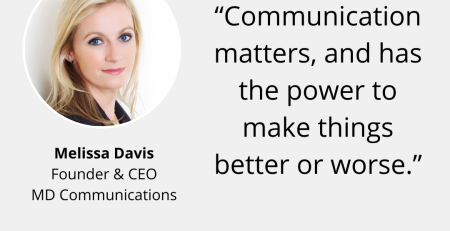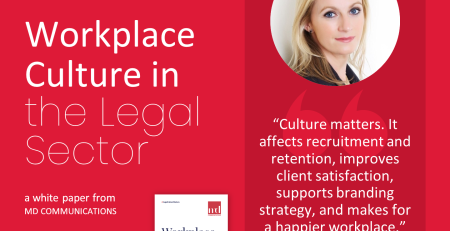The legal profession is often wary of the word ‘campaign’. Historically it was perceived as the preserve of those at the (often politically motivated) margins of the profession.
Yet currently, we routinely advise our law firm clients on how to structure and deliver campaigns across a wide spectrum of issues.
Not surprisingly perhaps it is in the area of personal injury where ‘campaigning’ by law firms is becoming most prevalent, for a number of reasons: the higher the profile of an issue the more likely it is that potential victims/clients will be identified; the human stories attached to personal injury cases often provide compelling media content; and, at their core there is some clear action or change, which can be articulated as the objective of the campaign, whether it be a change to the law or policy, or a change of practice in a particular industry.
Yet often law firms are vilified as being self-serving when they embark on high-profile campaigns, largely because it is perceived as being little more than ‘window dressing’ for the real objective of recruiting additional clients.
Even if you accept that using the media to publicise a campaign to identify potential victims/clients is questionable – which I don’t – the evidence from my experience is that firms simply do not embark on such campaigns to attract clients.
Let me take just three examples to illustrate the point.
The Cold Injury Advice Unit (CIAU) is a pro bono arm of MPH Solicitors. It is a patient support group which was set up to provide free help, support and assistance to service men and women who sustain cold injuries.
The CIAU uses the expert knowledge and contacts gained by MPH through 25 years of assisting injured servicemen and servicewomen, with awareness of the CIAU being promoted through longstanding networks with organisations such as the Royal British Legion.
Fletchers solicitors launched the ‘The Lids for Kids’ Campaign in 2012 to call for cycling helmets to be compulsory for children. The campaign has had significant mainstream media impact, backed by support from cycling stars such as British Superbike champion Tommy Hill; and has been endorsed by the highly respected head injury charity Headway.
The campaign is underpinned by Fletchers’ sector-leading work for victims of cycling accidents.
Almond Solicitors are also campaigning, calling for a ban on the hair dye chemical, PPD (para-phenylenediamine). Almonds are acting for a number of clients who have suffered serious allergic reactions. The campaign has already gained the support of parliamentarians in both Westminster and Brussels and gained huge amounts of media coverage; from The Times to the BBC’s The One Show.
These campaigns have differences of course, not just in content. From a campaigning perspective a different mix of techniques are being deployed. Almonds’ PPD campaign has used online petitions/PR and public affairs; Fletchers’ ‘Lids for Kids’ have reaped dividends from celebrity endorsement; while MPH has relied more on a long period of consistent networking in a very clear sector.
But there are, in fact, more similarities than differences when we look at the key shared attributes of these firms:
- Credible – They all have credibility within their particular area of expertise, through a track record of delivering excellent practice, working constructively with partner groups and being balanced in their presentation of the facts to the media and other opinion-formers.
- Committed – After the bursts of media coverage and PR the campaign has to be sustained. All three firms have devoted significant (otherwise billable) time, planning and significant energy.
- Conscientious – Most important of all, the three firms sincerely believe that what they are campaigning for is right and just. This may sound hackneyed but there are much easier (and cost-effective) ways to recruit clients and, believe me, the gloss soon wears off trying to persuade officials, politicians or regulators to change law or policy.
So there we are, lawyers are committed to their causes, principled not venal, and may even use billable time to fight the good fight.
This blog first appeared in the Law Society Gazette on 13 February 2013.





